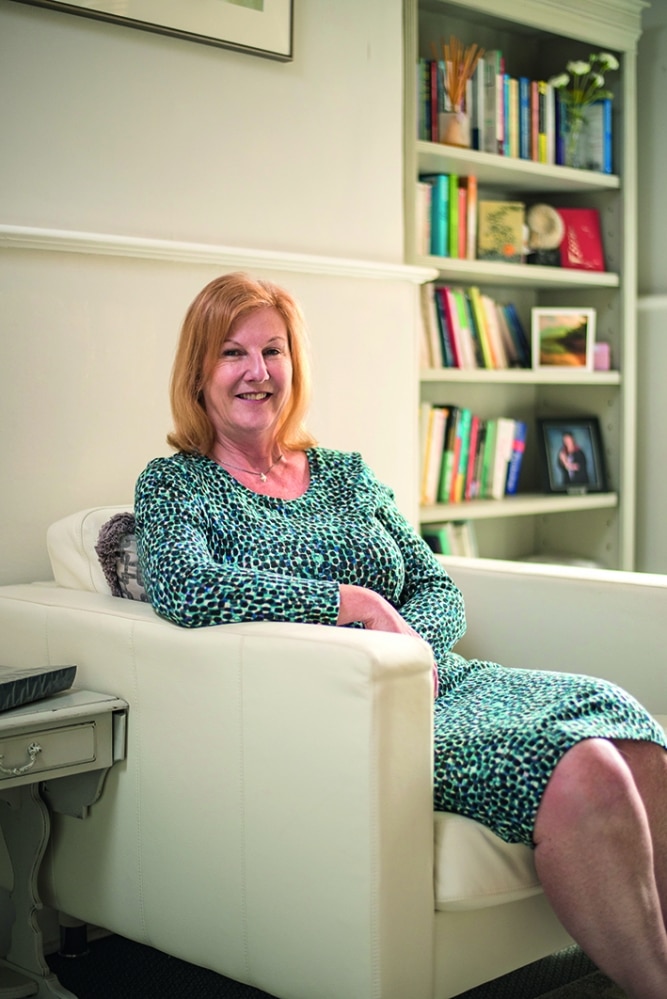Loneliness is a taboo subject. The sufferer is often regarded with suspicion or as someone to avoid. After all, only the unpopular have no friends, right? Wrong. As the party season kicks off with a vengeance, there are growing numbers of people who never go to the ball. This social exclusion is a hidden epidemic which creates misery and ill health.
According to the British Red Cross, more than nine million of us are lonely in the UK. These lonely souls aren’t always obvious. They may be a single mum sitting at home night after night while the children are sleeping because she can’t afford a babysitter. Or the schoolboy who doesn’t like football and has no one to talk to at break times or hang out with after school. Bullied children are often marginalised or isolated and that’s the worst kind of bullying because it creates a state of loneliness which can stay with them all their lives. How many young people are working so hard on their careers that they’re too exhausted or don’t have time for a social life? And then there are the elderly, who constitute the saddest statistic of all, with more than half the over-75s living alone and 40 per cent of older people reporting that television is their only friend.
We can all do our bit, even if we’re feeling lonely ourselves. The trouble is that social isolation or exclusion leads to social anxiety, which puts all but the bravest off confidently getting out there to meet new people and make friends. The Bisto ‘spare chair Sunday’ advertising campaign offers some kind of solution by encouraging families to invite lonely neighbours to dine with them. That’s all well and good, except that the traditional family sitting down around a table and eating together is fast becoming a nostalgic fantasy of cosy bygone times. And that’s part of the problem. We don’t tend to have these kind of ‘gatherings’ that often any more. And the less time we spend socialising, the less socially confident we become.
Looking out for the lost, lonely or disadvantaged is a collective responsibility we’ve kind of forgotten about
Looking out for the lost, lonely or disadvantaged is a collective responsibility we’ve kind of forgotten about. It’s not about not caring, it’s about not noticing those not directly involved in our lives. We have cognitive filters which edit out things around us that don’t require our immediate attention or safeguard our future well-being. Life can be pretty overwhelming without worrying about other people’s problems.
There’s a small thing we can all give generously at any time of the year: a smile! A proper in-your-face smile is a priceless sparkle of shared happiness and so much more meaningful than a texted emoji. When you smile at someone it activates a switch in their brain which makes them smile back. This, in turn, stimulates feel-good biochemistry like dopamine and oxytocin which relieves emotional stress and the physical inflammation it causes. Most friendships start with a hello smile and recent research discovered that the loose connections created by smiling at passing acquaintances during our daily routine are also important for well-being and a sense of community. In other words, a smile is a gift that gives back, a simple expression that costs nothing and creates a sack load of goodwill.
This is a busy time of year for my clinic when all kinds of pressures heap on the anxiety and strained relationships can sometimes break. Then there’s the overindulgence that leads people to my door for help with having a dry January, shedding excess pounds or quitting smoking. I will always greet them with a smile to put them at ease and help them be hopeful that their best intentions are achievable.
Wishing you a festive season filled with friendship and fun, whether you’re a party animal or a homebody, and a year ahead when all your best intentions are fulfilled.
Feeling lonely?
Then why not try the following groups:
Meetup: This hosts loads of local groups like Funberries and Tunbridge Wells Socialites that people can join which are activity or interest-based. Making connections with those who you have something in common with is an easy way to start reaching out and finding somewhere to belong or fit in
www.meetup.com
Nextdoor: This is a community forum where information and points of view are exchanged amongst neighbours who may never otherwise have contact with each other
www.nextdoor.co.uk
In Choir: Joining a local choir is a joyful thing to do at this time of year when carol concerts abound. I would highly recommend this particular one where the music is both uplifting an local. It welcomes anyone, including those who only dare to sing in the bath or inside their heads
www.inchoir.co.uk
FOMO vs JOMO
Everyone is familiar with the fear of missing out, or FOMO, which can often lead to the forced jollity of an evening out you feel obliged to enjoy. I confess to being a fan of JOMO. The joy of missing out is a pleasure that comes from having the confidence to say no to an invitation to somewhere you don’t want to be. The Christmas advert that celebrates this, free of mawkish sentimentality, is for Domino’s Pizza. It depicts staying in as the new going out. I’ll vote for that, with or without the pizza.








